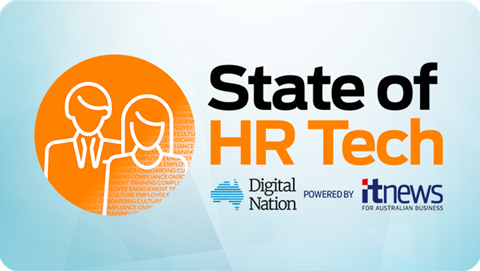Data from the latest Board Diversity Index indicates ASX 300 companies will achieve gender parity in the boardroom by 2030.
According to Megan Motto, CEO of the Governance Institute of Australia, we still "have a long way to go" before seeing real results in terms of cultural or other forms of diversity.
Technical expertise and backgrounds in health care and property are coming to the fore of board member skill sets, with law or accounting backgrounds in directors falling from 40 percent to approximately a third.
Motto says that a new variety of challenges and external pressures such as cybersecurity and climate change, have forced the traditional board composition to transform.
“We tended in history to derive our directors from the older ranks of leadership, which were invariably men, because men made up, comprised most of the workforce, particularly most of them made up the management of the workforce and then transitioned into board roles. However, of course, diversity has taken well and truly hold,” says Motto.
“Boards are becoming more diverse and they are thinking about how they diversify their own skill set, bring in deep technical expertise, but in new areas that they haven't been defined before."
In order to adjust to the acceleration of technology and changing behaviours, board members are required to upskill in order to stay abreast of new market conditions.
“If they are not cyber experts themselves, they are getting trained up, they are often having at least annual if not more regular training in the boardroom to get them more familiar with the types of risks involved, for example, in cyber or it might be in climate change,” Motto said.
This is a sentiment shared by Dr Dean Blomson, board governance specialist and author of EY’s report, Board of the Future.
“Boards are trying to respond to the growing pace of change and transformation, because the enterprises they're sitting upon are transforming at greater rates and in far more profound ways, partly because of digital, but also just because customers are changing, markets are changing,” he said.
As organisations become larger and more complex, Motto believes that the risk reward ratio for boards needs to be considered in future recruiting.
“The liability for directors is great. They have a huge risk that they take on in leading these organisations,” she said.
“I think there’s a perception in the general community that directors are well paid fat cats that don't read their board papers and just turn up to swanky lunches. Those days are gone. I can tell you right now that the board work and the risk reward ratio needs to be something that particularly second and third tier boards need to have a think about.”
Credit: The video was produced by Josh Lundberg, Matthew Ryan and Tejas Bhat.


_(22).jpg&h=140&w=231&c=1&s=0)

_(23).jpg&h=140&w=231&c=1&s=0)
_(20).jpg&h=140&w=231&c=1&s=0)



_(26).jpg&w=100&c=1&s=0)

 iTnews Executive Retreat - Security Leaders Edition
iTnews Executive Retreat - Security Leaders Edition











_(1).jpg&h=140&w=231&c=1&s=0)



